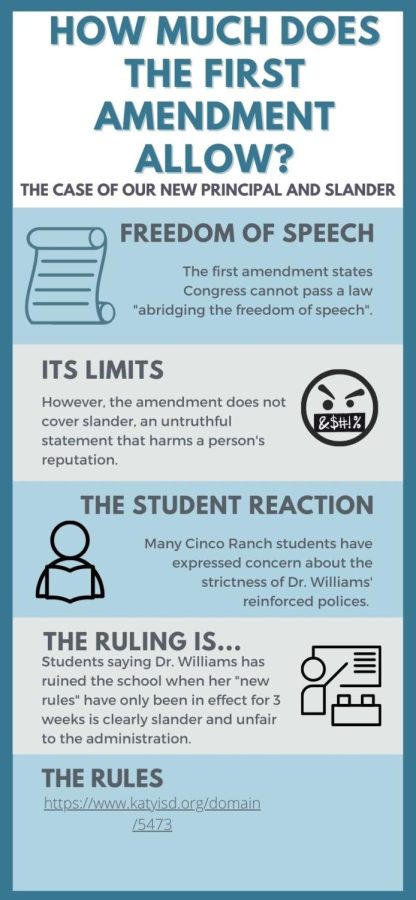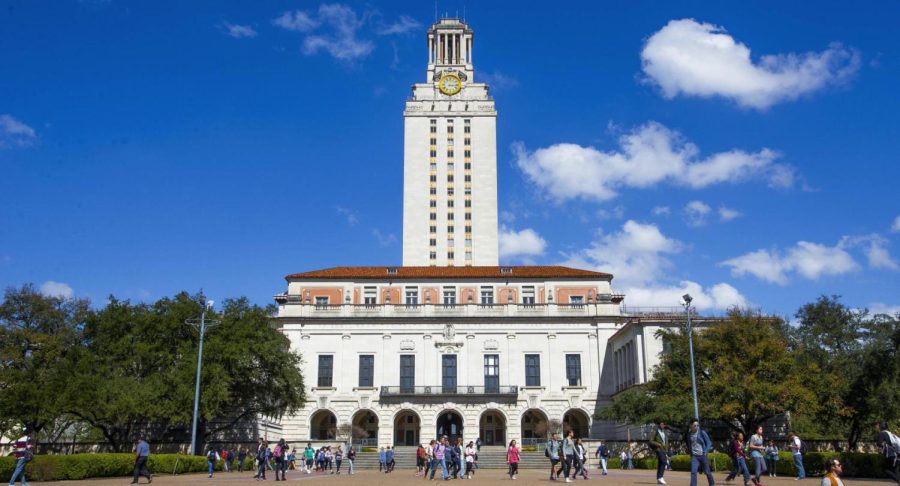Last year, students proved that our generation will stand up against injustice at any cost. Therefore, it is important for the administration to listen to what our student body is currently demanding.
We want more budget cuts.
“We haven’t seen any real action in cutting expenses yet,” junior Fine Ansing said. “If the people in charge are serious about reducing costs, they sure are good at hiding it.”
The budget cuts this year fall short of impressing students, who are eager to voice their opinions. Students are proposing many solutions to budget concerns, and most ideas stress the need to become more fiscally responsible and contribute more to the state.
“Why didn’t they cut timed writes?” sophomore Bill Cutter said. “And what about math classes? Don’t those constitute a significant percent of the budget? I’m not sure what a percent is, but I know it means we’re spending too much on education.”
Others suggested to simply cut certain topics from each class to save money, such as safety in chemistry and grammar in English.
“Who needs grammar, anyway?” Cutter said. “There are no real use for it in real life. It have outlived their usefulness.”
In response to the State’s sluggish behavior, students are currently organizing protests. Now, students refuse to mix and match animals on their TruMoo milk cartons if they don’t see some definite legislative action.
“We should use a slide rule in Calculus to save the money that would be spent on batteries,” Ansing said. “Or maybe we could use an abacus. I’m sure that would whip us into economic health.”
Some upper administration workers agree that bold and quick action is necessary.
“High school students are the future, so their education is a priority,” Assistant Superintendent Ida Boss said. “But they’re the present today, and we can’t afford to give out presents in this economic climate.”
In order to reduce costs the district has implemented new cost saving initiatives, such as shutting down computers between passing periods, turning off lights at random intervals during classes in the hopes of catching students while they’re blinking, and making students get out of their buses and push to save on gas.
“This way students can get their P.E. credit just from riding the bus, and the letterman jacket for riding the bus all four years will be a source of pride instead of failure!” Boss said. “It’s really all for the kids’ benefit, just like the laid-off teachers and larger class sizes.”
Other cost-cutting techniques that have been proposed but not yet implemented include burning band instruments during the winter for warmth, changing Physical Education to Survival Class, in which the students hunt wild animals for the cafeteria lunches.
“The district foresees no problems with a group of unsupervised self-governing teenagers in the wild hunting boars using spears crafted from the trees around them,” Boss said. “On a completely unrelated note, we cut Lord of the Flies from the seniors’ reading list due to its drain on our financial resources.”
To maintain the cafeteria’s vegetarian option, the most popular proposal is harvesting grass from the back lot.
“This will also take care of all the overgrown grass we’ve had since we fired all the landscapers!” Nutrition and Food Services Department member Noah Fundeeng said. “If we can just convince the board to use the natatorium’s water supply for the water fountains and have the swim team practice in the bayou, we might make some serious headway! Since we cut chemistry, we’re not sure if the chlorine will have negative health effects, but we’re willing to take that risk to stop excessive spending.”
Board representatives were unable to comment, because their mouths were already full of the bites they had already taken out of the budget.
“At this point, I think that they should just cut school altogether,” Ansing said. “It seems like that would save more money than anything else.”

![Tips for Studying Finals [INFOGRAPHIC]](https://crhscountyline.com/wp-content/uploads/2022/12/Studying-for-Finals-900x506.jpg)




